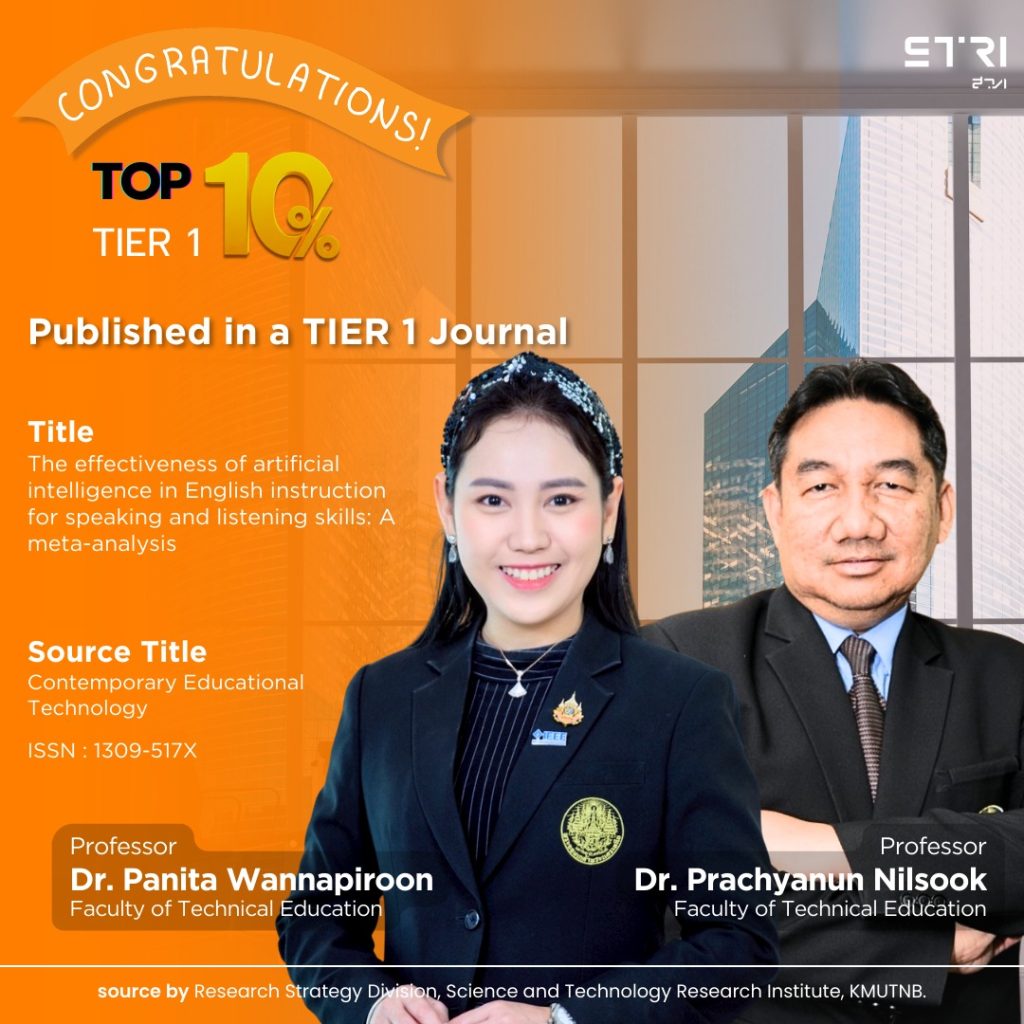Abstract—Digital safety skills are essential for vocational students as technology becomes a core component of almost every industry. Thus, students’ understanding of how to stay safe online and use digital tools responsibly is critical for their academic and future success. However, traditional learning methods cause students to lack motivation and not understand the risks associated with the digital world. Without a clear understanding of these risks, learning about digital safety becomes less of a priority. This study presents an application of Gamified Hybrid Competency-Based Learning (GH-CBL). We designed and developed a GH-CBL system to enhance digital safety skills among vocational students. Experts validated the system design to ensure the appropriateness of its components for educational implementation. A pre-experimental research design was employed with a one-group pretest-posttest method with a sample of 40 vocational students. The research findings revealed that experts consider GH-CBL suitable for vocational students’ learning. In addition, the students’ digital safety achievement scores increased significantly before and after learning.
Keywords—vocational education, competency-based learning, gamification, digital platform, digital safety
Nutthacha Siengdee, Sasithorn Chookaew, and Prachyanun Nilsook, “Application of Gamified Hybrid Competency-Based Learning to Enhance Vocational Students’ Digital Safety Skills,” International Journal of Information and Education Technology, vol. 16, no. 2, pp. 569-573, 2026. https://doi.org/10.18178/ijiet.2026.16.2.2528


